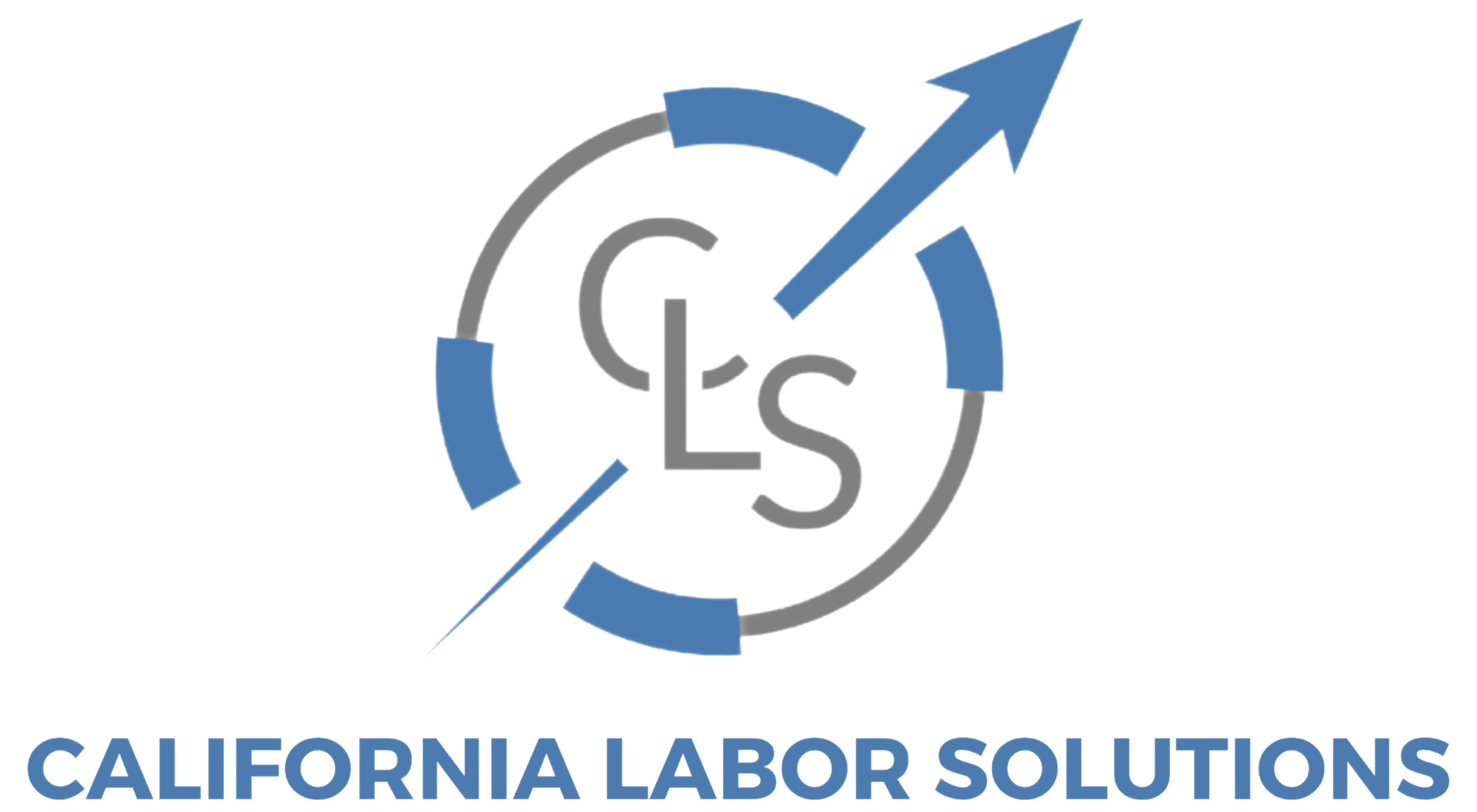Workplace misconduct investigations are essential for handling complaints related to harassment, discrimination, theft, safety violations, and other workplace issues. Failing to conduct thorough and impartial investigations can result in legal consequences, damaged workplace morale, and loss of trust among employees.
This guide explores best practices for workplace misconduct investigations, ensuring compliance with California labor laws while maintaining a fair and transparent process.
Why Workplace Misconduct Investigations Are Critical
Misconduct in the workplace can lead to decreased productivity, increased turnover, and potential legal action if not handled properly. Employers must take all allegations seriously and conduct timely investigations to:
- Ensure compliance with California labor laws and anti-discrimination policies
- Prevent legal liability for failing to address employee complaints
- Maintain a safe and professional workplace for all employees
- Address conflicts effectively to prevent issues from escalating
Ignoring or mishandling workplace misconduct investigations can create significant risks for businesses, including lawsuits and reputational damage.
Common Types of Workplace Misconduct
Workplace misconduct can take many forms, including:
1. Harassment and Discrimination
- Sexual harassment
- Racial, gender, or disability discrimination
- Retaliation against employees who report misconduct
2. Workplace Violence and Threats
- Physical altercations or threats of violence
- Bullying or intimidation of employees
3. Ethical and Financial Violations
- Fraud, theft, or embezzlement
- Conflicts of interest
- Misuse of company resources
4. Safety Violations
- Failure to follow workplace safety procedures
- Endangering employees or customers
Regardless of the type of misconduct, businesses must have a structured approach to conducting investigations.
Best Practices for Workplace Misconduct Investigations
1. Establish a Clear Investigation Process
A structured investigation policy ensures consistency and compliance. Employers should:
- Develop written policies on handling complaints
- Provide employees with multiple reporting channels
- Ensure HR personnel and managers are trained on investigation procedures
A transparent process builds trust and encourages employees to report misconduct.
2. Maintain Confidentiality
Confidentiality is essential to protect all parties involved. Employers should:
- Limit access to investigation details to only those who need to know
- Conduct interviews in private settings
- Reassure employees that retaliation will not be tolerated
Maintaining confidentiality prevents unnecessary workplace tension and protects employee privacy.
3. Conduct Impartial Investigations
Workplace investigations must be neutral and unbiased to be effective. Employers should:
- Assign a neutral HR professional or external investigator
- Collect evidence from multiple sources (witnesses, documents, emails)
- Document all interviews and findings thoroughly
A fair process ensures compliance with labor laws and helps businesses make informed decisions.
4. Act on Findings Promptly
If misconduct is confirmed, employers must take immediate corrective action, such as:
- Disciplinary measures (warnings, termination, retraining)
- Policy updates to prevent future incidents
- Additional training for employees and managers
Delays in taking action can damage employee morale and increase legal risks.
Legal Considerations for Workplace Misconduct Investigations in California
California employers must comply with strict employment laws when conducting workplace misconduct investigations. Key regulations include:
- Fair Employment and Housing Act (FEHA): Requires investigations into harassment and discrimination complaints.
- California Whistleblower Protection Act: Protects employees from retaliation when reporting misconduct.
- Labor Code Section 1102.5: Prohibits employers from retaliating against employees who report violations.
Employers who fail to conduct thorough and impartial investigations may face lawsuits, fines, and reputational damage.
How to Prevent Workplace Misconduct
While workplace misconduct investigations are essential, proactive steps can reduce the need for them. Businesses should:
- Implement Strong Workplace Policies – Clearly define expectations and consequences.
- Train Employees Regularly – Offer compliance training on harassment prevention, ethics, and workplace safety.
- Encourage Open Communication – Foster a culture where employees feel comfortable reporting concerns.
- Conduct Regular HR Audits – Identify potential risks before they escalate into major issues.
Preventing misconduct helps businesses maintain a positive and compliant work environment.
California Labor Solutions: Experts in Workplace Misconduct Investigations
At California Labor Solutions, we specialize in workplace misconduct investigations that help businesses maintain compliance and protect their employees. Our services ensure that investigations are conducted fairly, legally, and professionally.
Our Services Include:
- Independent and unbiased workplace investigations
- Harassment, discrimination, and ethics violation investigations
- Policy development and compliance training
- HR consulting for employee relations and workplace management
Protect your business by ensuring fair and thorough investigations.

